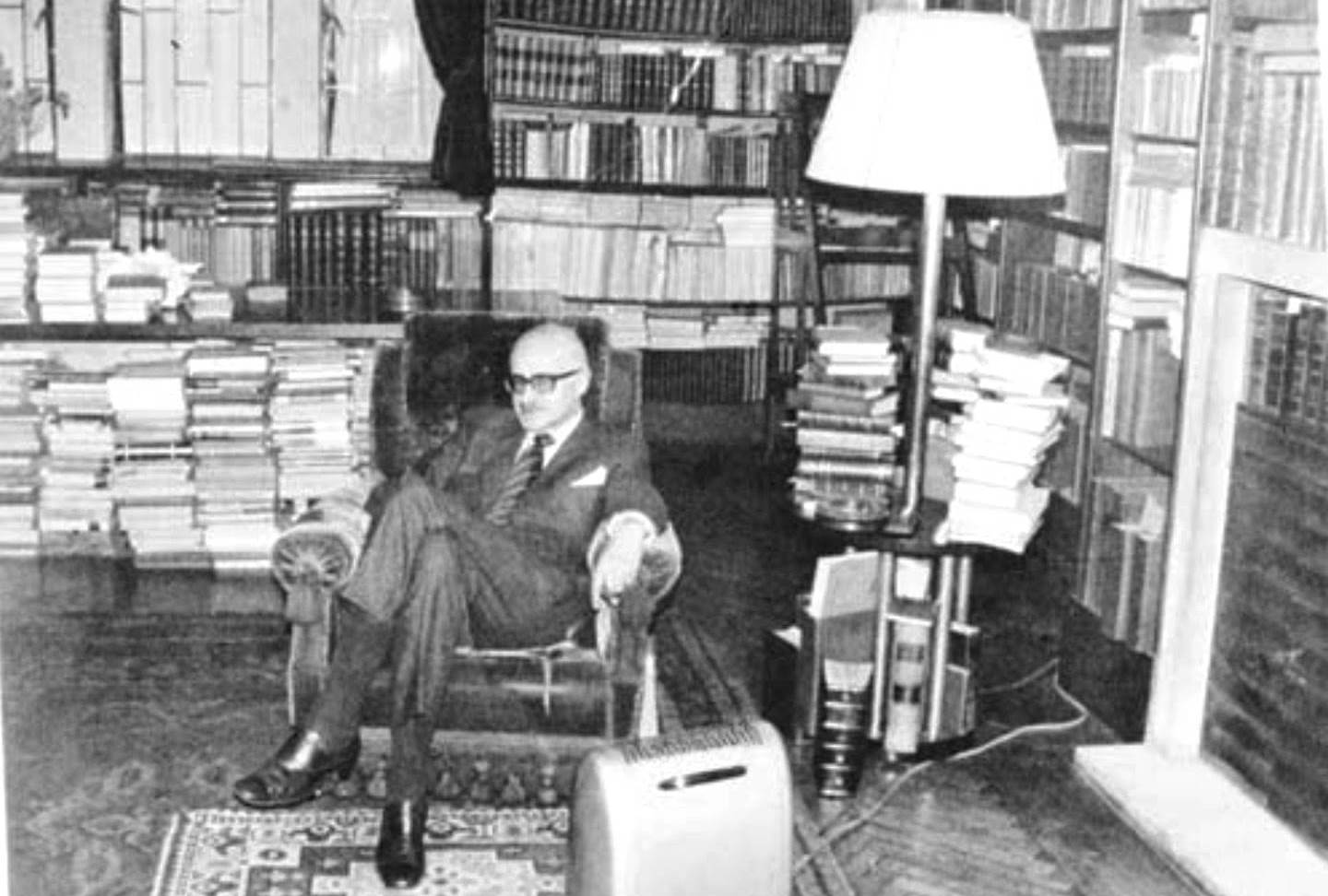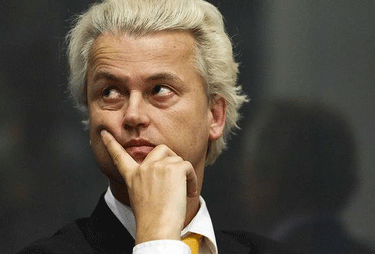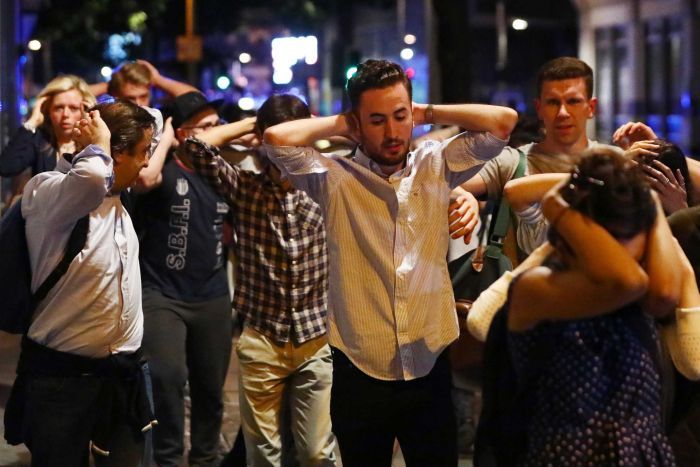 “And therein lies Hitler’s revenge – the cultural leveling that either emerged from, or was, in some crucial way, accentuated by natural outrage over the crimes against humanity committed by the Third Reich. Hitler, of course, was totally defeated, along with his tyrannical notions of cultural (Germanic) and racial (Aryan) ‘supremacy’. But so, too, perhaps, were all notions of Western primacy regarding culture and race (which I take here to include nationhood) – even ones that supported, not supremacy in a murderous form, but judgment in a rational form. Grounded by notions of sovereignty and cultural affinity, such judgment determines the kinds of attitudes and choices- on everything from religion to law to literature – that are expressed in cultural identity. In the case of the United States and its European allies, these attitudes and choices derive from a specifically Judeo-Christian identity forged in fire, ink, and steel by those whom our modern-day multiculturalists insultingly deride as ‘dead, white men’.
“And therein lies Hitler’s revenge – the cultural leveling that either emerged from, or was, in some crucial way, accentuated by natural outrage over the crimes against humanity committed by the Third Reich. Hitler, of course, was totally defeated, along with his tyrannical notions of cultural (Germanic) and racial (Aryan) ‘supremacy’. But so, too, perhaps, were all notions of Western primacy regarding culture and race (which I take here to include nationhood) – even ones that supported, not supremacy in a murderous form, but judgment in a rational form. Grounded by notions of sovereignty and cultural affinity, such judgment determines the kinds of attitudes and choices- on everything from religion to law to literature – that are expressed in cultural identity. In the case of the United States and its European allies, these attitudes and choices derive from a specifically Judeo-Christian identity forged in fire, ink, and steel by those whom our modern-day multiculturalists insultingly deride as ‘dead, white men’.
“Having failed to destroy the democracies by making Nazi war, then, Hitler may have unwittingly managed to destroy the democracies by effecting a post-Nazi peace in which the act of pledging allegiance to the flag itself, for example, would practically become an act of nationalist supremacism – racism, even; bigotry, too. Quite suddenly, it didn’t matter whether the culture in question led to a reign of terror, or to liberty and justice for all. The act of maintaining or defending the culture, or, ultimately, even defining it – whether through unabashed opposition to Communist expansionism, purposefully selective immigration practices, or even sticking to the Western canon – became confused with, and condemned as an exclusionary and, therefore, evil chauvinism. In this way, having won the great victory, the Allies lost the will to survive. Writer Lawrence Auster has explored this theme:
 “Having defined the ultimate evil of Nazism, not as the ultimate violation of the moral law as traditionally understood, but as the violation of liberal tolerance, postwar liberalism then set about dismantling all the existing ordinary particularisms of our own society (including, in the case of the EU, nationhood itself) in the name of preventing a resurgence of Nazi-like evil. This was the birth of political correctness, which sees any failure on our part to be completely open to and accepting of the Other – and thus any normal attachment to our own ways and our own society – as the equivalent of Nazism.
“Having defined the ultimate evil of Nazism, not as the ultimate violation of the moral law as traditionally understood, but as the violation of liberal tolerance, postwar liberalism then set about dismantling all the existing ordinary particularisms of our own society (including, in the case of the EU, nationhood itself) in the name of preventing a resurgence of Nazi-like evil. This was the birth of political correctness, which sees any failure on our part to be completely open to and accepting of the Other – and thus any normal attachment to our own ways and our own society – as the equivalent of Nazism.
“Openness and acceptance on every and any level – from personal to national, from sexual to religious – are the highest possible virtues of the postmodern Westerner. This makes boundaries and taboos, limits and definition – anything that closes the door on anything else – the lowest possible sins. Judgment, no matter how judicious, is tarred as ‘prejudice’ and, therefore, a neobarbarous act to be repressed and ultimately suspended. Patriotism has been caricatured out of polite society as boorish and warmongering. Western civilization itself, which may be taken as the product of both judgment and patriotism, has been roundly condemned for being both prejudiced and warmongering. The overall effect has been to sap the culture’s confidence in its own traditions, even – especially – in the classical liberal tradition that stiffened our spines against Hitler in the first place. The cultural anemia that began to take hold long ago has passively accepted the transformation of America the Western into America the Multicultural (and Western Europe into Multicultural Europe) as a good, or necessary, or even just inevitable thing. And thus – with the practical disappearance of the notion, or, perhaps better, the culture, that defeated him – Hitler’s revenge.”
▪ Diana West, The Death of the Grown-Up (St Martin’s Griffin, 2007) extract from pages 130 through to 132.





Leave a comment